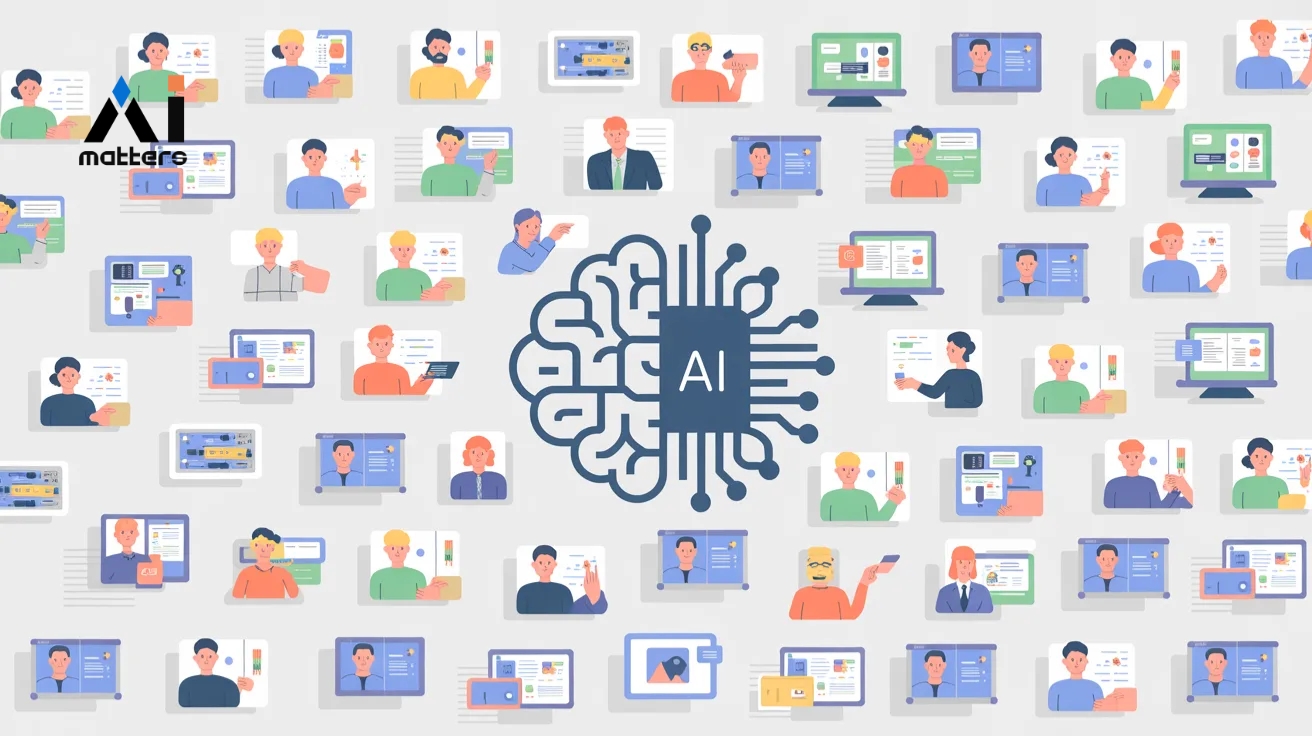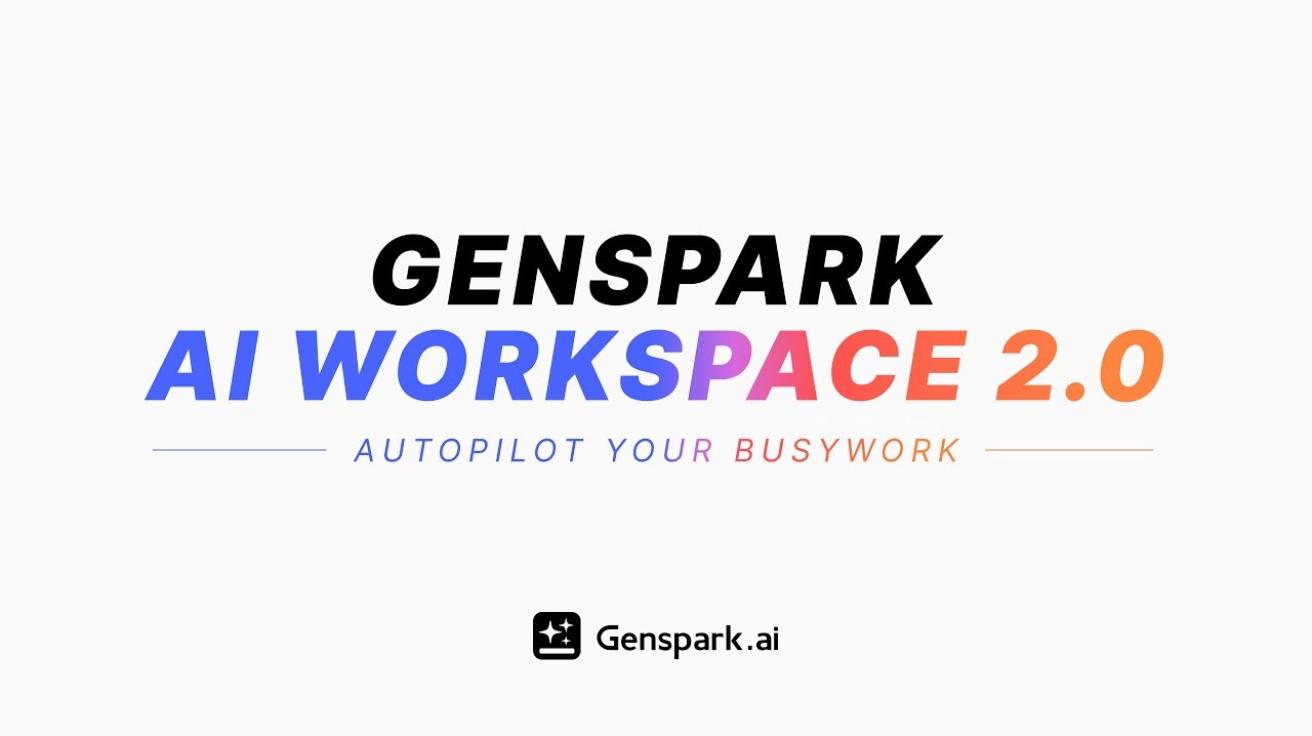A Deep Dive into South Korea’s 2024 AI Market Insights
An eight-month analysis conducted by the National Information Society Agency (NIA) of South Korea, encompassing 173 major domestic news articles from May to December 2024, reveals synthetic data as the most prominent keyword in the field of AI data this year. The growing use of synthetic data is directly linked to efforts aimed at boosting model performance while simultaneously addressing privacy concerns and data scarcity.
Notably, sectors dealing with sensitive information—such as healthcare, manufacturing, and finance—are actively exploring institutional frameworks, including specialized committees and testbeds, to navigate technical and regulatory hurdles. In support of this, the Personal Information Protection Commission introduced five reference models for the generation of synthetic data, laying the groundwork for institutional adoption.
From Medical Diagnostics to Robotic Simulations: Sector-Specific Use Cases on the Rise
As synthetic data gains traction across industries, sector-specific applications are rapidly expanding. In healthcare, synthetic and pseudonymized patient data are increasingly used to train diagnostic algorithms, effectively ensuring accuracy and reliability without compromising patient privacy.
In the manufacturing and robotics sectors, synthetic data is essential for virtual simulations and the development of digital twins, especially in high-risk or extreme environments. In finance, banks are leveraging synthetic datasets to replace real customer information in fraud detection and anomaly detection models, thereby enhancing model performance while safeguarding user data.
AI Adoption Accelerates in South Korea’s Banking Sector, Raising Trust and Data Quality as Core Issues
Conversational AI is swiftly augmenting and replacing traditional customer support operations. The use of inference engines enables increasingly complex interactions, and South Korean banks are applying AI to tasks ranging from document processing to sentiment analysis.
Despite these advancements, the reliability and quality of data have emerged as critical challenges. Numerous reports underscore the need for AI development teams to establish robust data collection and model validation protocols. Ethical considerations—including bias, copyright infringement, and privacy—are expected to become increasingly complex, underscoring the urgency for corresponding regulatory measures.
AI Training Dataset Market Forecasted to Grow at 27.7% CAGR Through 2029
The emergence of AI agents—tools that autonomously manage tasks or collaborate with humans—has become a key focal point in the AI narrative. In the media and content industries, AI is driving innovation in video synthesis, editing, personalized advertising, and the creation of digital humans.
According to a report from MarketsandMarkets, the global AI training dataset market is projected to grow at a compound annual growth rate of 27.7% through 2029. Analysts foresee a shift towards an AI agent-centric platform economy, echoing the app ecosystem era, with new service models and businesses forming around these agents.
South Korea Passes First National AI Act, Mandating Watermarks for AI-Generated Content
On December 26, 2024, South Korea’s National Assembly passed its first comprehensive AI law, aimed at fostering trustworthy and sound AI development. Key provisions include mandatory watermarks on AI-generated videos and images, particularly deepfakes, to ensure transparency.
The law also introduces the concept of “high-impact AI”—technologies that significantly affect human life, safety, or rights—and increases accountability for providers of such technologies. Foreign companies classified as AI service providers will be subject to Korean jurisdiction and required to appoint domestic representatives to ensure system safety and reliability. Violations may result in fines up to 30 million KRW (approximately $23,000 USD).
Institutional Foundations Strengthen with New Synthetic Data Reference Models
Looking ahead to 2025, demand for high-quality, large-scale datasets is expected to surge, particularly in healthcare, manufacturing, and finance. This trend is anticipated to drive the standardization and legislative development of synthetic data frameworks. According to Gartner, by 2030, synthetic data is projected to surpass real data in terms of its usage for AI training.
Inference engines and conversational AI are already gaining traction in customer service, education, and public administration. As multimodal interactions (including voice and video) become more advanced, the demand for synthetic and multimodal data is set to grow significantly, enabling more sophisticated AI agent deployments.
FAQ
Q. What is synthetic data and why does it matter?
A. Synthetic data is artificially generated based on real data patterns, providing a privacy-preserving and scalable alternative for AI training. It’s particularly useful in sensitive sectors like healthcare and finance, where the use of real data is often restricted.
Q. How do AI agents differ from traditional AI systems?
A. AI agents go beyond simple Q&A functions, autonomously performing and managing complex tasks such as document writing, scheduling, and workflow automation. They represent a more comprehensive and practical evolution of conversational AI.
Q. What’s the most important development to watch in the 2025 AI data market?
The rising demand for synthetic and multimodal data is poised to reshape the AI ecosystem. AI agents are expected to drive new collaboration models, fueling rapid growth in the training dataset market and accelerating standardization and regulation efforts.
The original reports referenced in this article are available through the National Information Society Agency (NIA) of South Korea.
Image generated using Ideogram
This article was compiled using ChatGPT and Claude.






